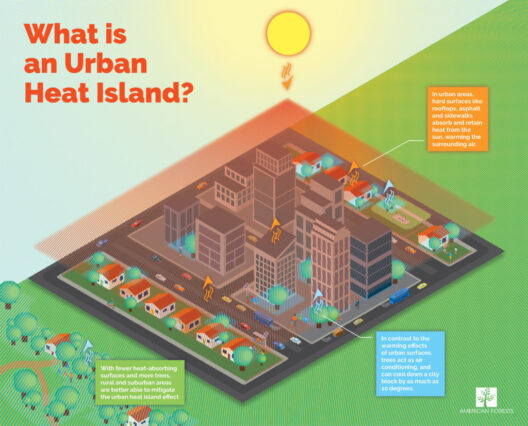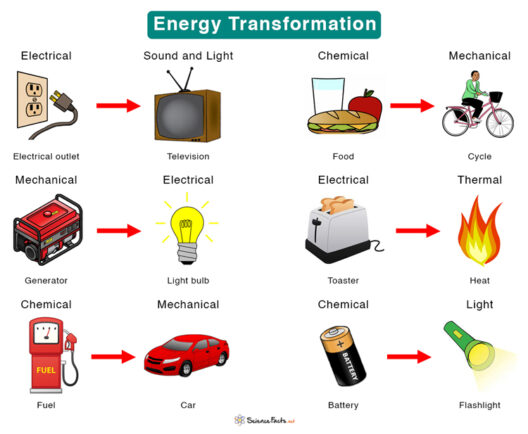The tobacco industry, renowned for its multifaceted socio-economic impacts, has traditionally sparked considerable discourse regarding health-related issues. However, an increasingly crucial discourse has emerged: the ecological ramifications of tobacco cultivation and production, particularly in relation to climate change. This exploration delves into how tobacco smoke and the entire life cycle of tobacco contribute not just a health hazard but a significant environmental crisis.
Tobacco cultivation begins with the actual farming of the plant, which is a process steeped in inefficiency and environmental degradation. Large-scale tobacco farming requires substantial quantities of land and resources. The agricultural practices associated with tobacco are anything but sustainable. The crop is often cultivated in monoculture systems that devastate biodiversity. Monocultures lead to soil depletion, requiring farmers to employ chemical fertilizers and pesticides extensively. This reliance not only disrupts the natural soil ecology but also contributes to nutrient runoff, which pollutes waterways and affects ecosystems far removed from the original source.
Moreover, tobacco farming is notorious for its high water consumption. The World Health Organization estimates that tobacco cultivation uses vast quantities of freshwater, placing additional stress on already dwindling water supplies in many regions. In areas where water resources are already strained, tobacco farming exacerbates the situation, contributing to deforestation and the loss of vital habitats.
The environmental implications extend beyond the cultivation of the crop. The production and manufacturing processes for tobacco products also entail significant ecological footprints. The production of cigarettes involves diverse stages, from leaf processing to packaging and distribution. Each stage of this life cycle demands energy, typically derived from fossil fuels, which releases greenhouse gases (GHGs) into the atmosphere. The manufacturing process, often involving large factories, contributes to both air and noise pollution, adversely affecting surrounding communities.
One of the most poignant aspects of tobacco’s environmental impact is found in the act of smoking itself. When tobacco is smoked, it releases a plethora of toxic compounds into the atmosphere. While the direct air pollution caused by cigarette smoke is often dismissed due to its association with personal health, it is crucial to recognize that these emissions contribute to a broader environmental issue. Combustion processes intrinsically produce carbon dioxide (CO2), a principal greenhouse gas. This direct contribution to climate change cannot be overlooked.
The toxicity of cigarette smoke extends beyond its immediate health risks. The production of secondhand smoke contributes to air pollution, which poses significant public health risks and affects climate through its contributions to particulate matter and other pollutants that can induce atmospheric changes. Not only are communities affected by the health hazards, but the environmental implications are equally severe, underscoring the interconnectedness of health and environmental challenges.
A prevalent yet underappreciated facet of the tobacco industry is its connection to deforestation. To compound issues arising from cultivation, the production of tobacco products often leads to significant forest degradation. Tobacco farming deforests large tracts of land to create space for crops, and the curing of tobacco requires substantial amounts of firewood, further escalating the risk of deforestation. This destructive practice not only contributes to climate change through increased carbon emissions but also detracts from biodiversity, threatening numerous species that inhabit these forests.
As the environmental crisis deepens, it is essential to recognize that the tobacco industry is not an isolated issue but part of a larger ecological dilemma. The convergence of public health, climate change, and environmental degradation demands synergistic solutions. Legislative bodies and health organizations have started addressing these complex challenges with initiatives aimed at reducing the consumption of tobacco while simultaneously promoting sustainable agricultural practices.
Innovative approaches to tobacco farming are starting to take root. Agroecological practices can significantly mitigate the adverse effects of tobacco cultivation on ecosystems. By incorporating diverse crop rotations and sustainable agricultural techniques, farmers can reduce the dependency on harmful chemicals, conserve water, and promote soil health. Transitioning tobacco farmers to more sustainable practices not only benefits their immediate economic situation but also contributes positively to climate resilience.
Grassroots campaigns advocating for reduced tobacco consumption and increased public awareness about its environmental impact are gaining traction. Communities globally are beginning to connect the dots between their immediate circumstances and the larger implications of tobacco cultivation and usage. Enhanced education is pivotal in altering perceptions and empowering individuals to make informed choices concerning tobacco products.
To summarize, the connection between tobacco smoke and climate change is intricate and multifaceted. From its detrimental impact on biodiversity and water resources to its contribution to air pollution and deforestation, the interplay between tobacco and environmental health is profound. Addressing these issues requires a concerted effort to rethink agricultural practices, promote healthier lifestyles, and foster collective awareness. The time has come to recognize that addressing tobacco’s environmental footprint is an essential step in combating climate change and protecting our planet for future generations.








